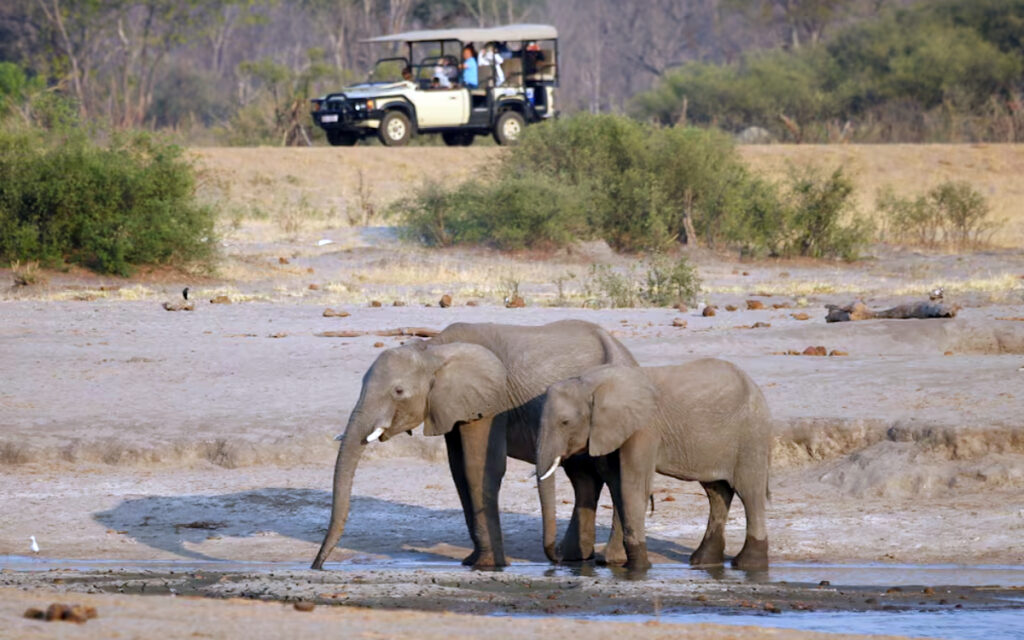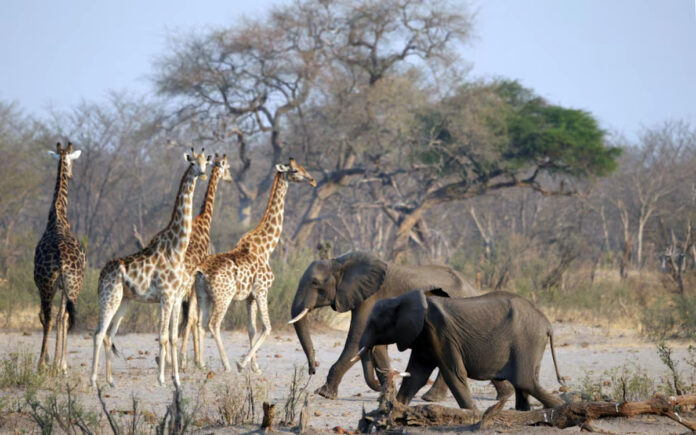Livingstone: Zimbabwean wildlife authorities are seeking alternative trophy hunting export markets in the East as several European countries implement bans on trophy imports, an official revealed on Tuesday.
In response to calls from the European Parliament in 2022 to ban trophy imports derived from species listed by CITES, Belgium and the UK have already enacted import bans on hunting trophies, covering thousands of endangered species.
Fulton Mangwanya, director general of Zimbabwe Parks and Wildlife (Zimparks), emphasized the need to diversify markets amidst these restrictions. “We can always come up with an alternative market,” Mangwanya stated during the Kavango-Zambezi Transfrontier Conservation Area (KAZA) summit in Livingstone, Zambia. He emphasized the importance of exploring Eastern markets without specifying particular countries.

Discussions on supporting trophy hunting are underway among the five Southern African countries comprising the Kavango-Zambezi Transfrontier Conservation Area. Angola, Botswana, Namibia, Zambia, and Zimbabwe are convening in Livingstone to address sustainable wildlife conservation and the rising human-wildlife conflict in the region.
The growing human-wildlife conflict is particularly acute in Zimbabwe, where 50 people fell victim to elephant attacks in 2023, according to Zimparks. Mangwanya underscored the necessity of trophy hunting as a management tool to mitigate such conflicts and emphasized the importance of support for ivory trade and trophy hunting to address these challenges.
Director of natural resources at the SADC Secretariat, Domingos Gove, echoed the sentiments, emphasizing the role of hunting as a vital source of funding for communities. “Hunting is a source of funding. If you close the market, how will we be able to cater for the basic needs of these communities?,” Gove questioned.
Zimparks has revealed a stockpile of ivory worth $600 million, which remains unsellable due to CITES regulations prohibiting ivory trade.



